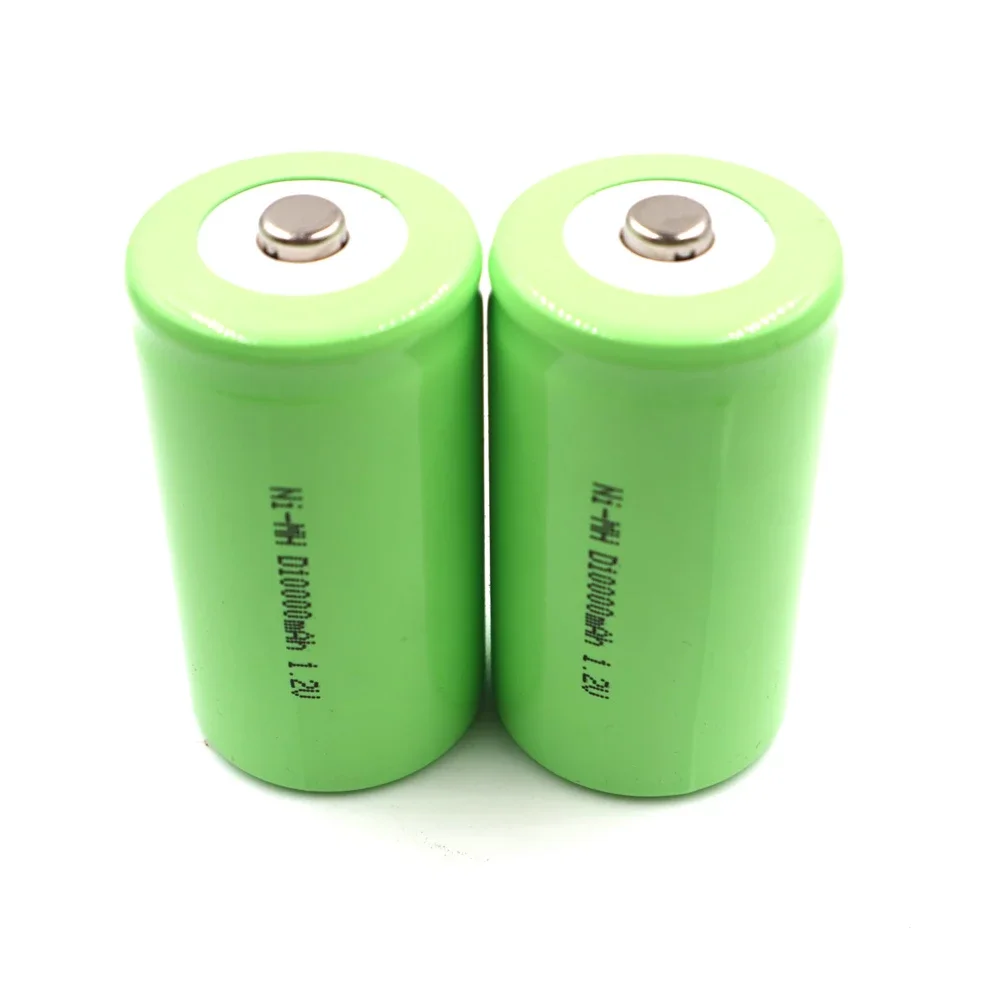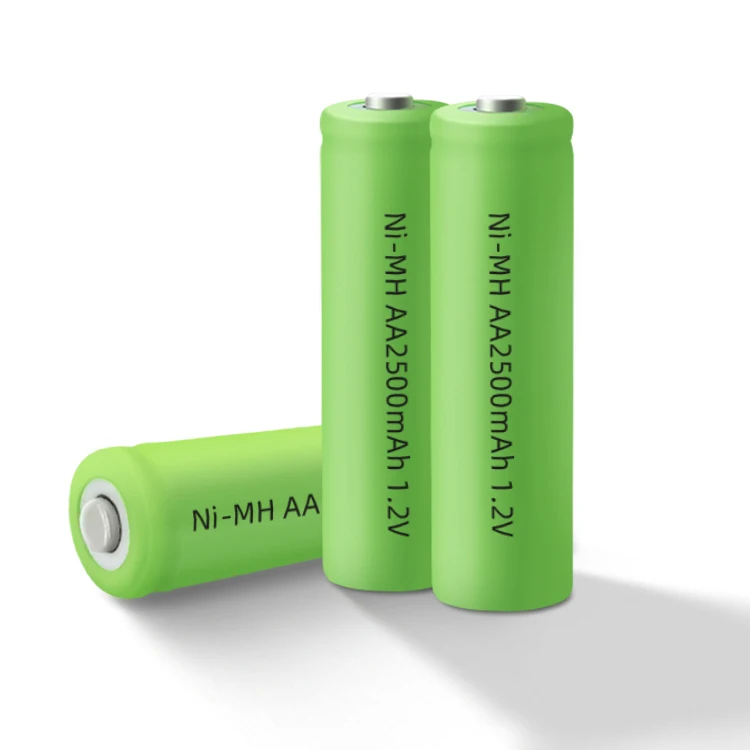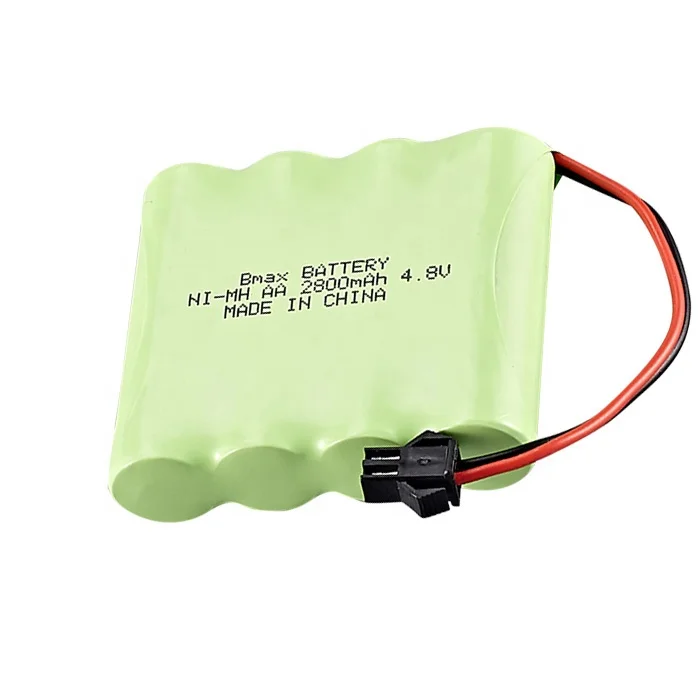Nickel-Metal Hydride (NiMH) batteries are not obsolete, but their usage and popularity vary depending on the application. While lithium-ion and other newer battery technologies often overshadow NiMH in areas like mobile electronics and electric vehicles due to higher energy densities and lighter weights, NiMH batteries still have significant advantages and remain relevant in many scenarios. Here are a few areas where NiMH batteries are still widely used and favored:
- Consumer Electronics: NiMH batteries are commonly used in household and personal devices such as digital cameras, handheld games, portable audio players, and especially in high-drain devices like digital cameras due to their good performance under high discharge rates.
- Rechargeable Household Batteries: NiMH batteries are popular as AA and AAA rechargeable batteries. They are used extensively in household items like remote controls, toys, and flashlights due to their ability to handle hundreds of recharge cycles and their relatively low self-discharge, especially in the “low self-discharge” NiMH variants (like Eneloop).
- Medical Devices: Due to their robustness and reliable performance, NiMH batteries are used in various medical devices. They are preferred in applications where a stable and safe power source is critical.
- Hybrid Electric Vehicles: NiMH batteries have been used extensively in hybrid electric vehicles. While newer vehicles increasingly use lithium-ion batteries, many older and current hybrid models still rely on NiMH technology due to its durability and safety characteristics.
- Power Tools: NiMH batteries are commonly found in cordless power tools where their resistance to memory effects and their ability to deliver high currents are beneficial.
Advantages of NiMH Batteries:
- Safety: NiMH batteries are generally safer than lithium-ion batteries, with a lower risk of thermal runaway and fires.
- Environmental Impact: NiMH batteries are less toxic and easier to dispose of compared to Nickel-Cadmium (NiCd) batteries, as they do not contain cadmium, which is a toxic heavy metal.
- Cost-Effectiveness: For many applications, especially where high energy density is not crucial, NiMH batteries offer a cost-effective solution.
- Robustness: They tolerate a wide range of temperatures and can be recharged many times without significant degradation.
Disadvantages:
- Weight and Energy Density: NiMH batteries are heavier and have a lower energy density compared to lithium-ion batteries, making them less ideal for applications where weight and compactness are critical.
- Voltage: NiMH cells have a lower voltage (1.2V per cell) compared to lithium-ion cells (typically 3.7V per cell), which can be a disadvantage in applications requiring higher voltages.
While newer technologies may be preferable in cutting-edge applications, NiMH batteries still offer a reliable and safe option for many everyday uses. As such, they continue to be a valuable part of the battery landscape rather than being considered obsolete.


